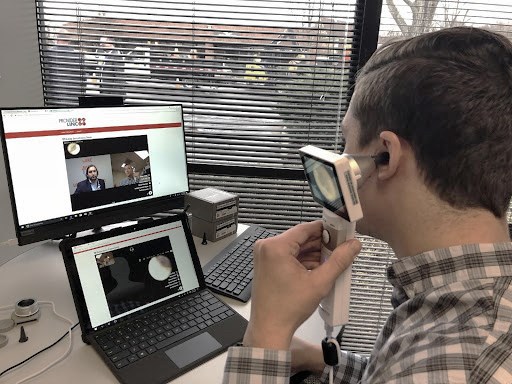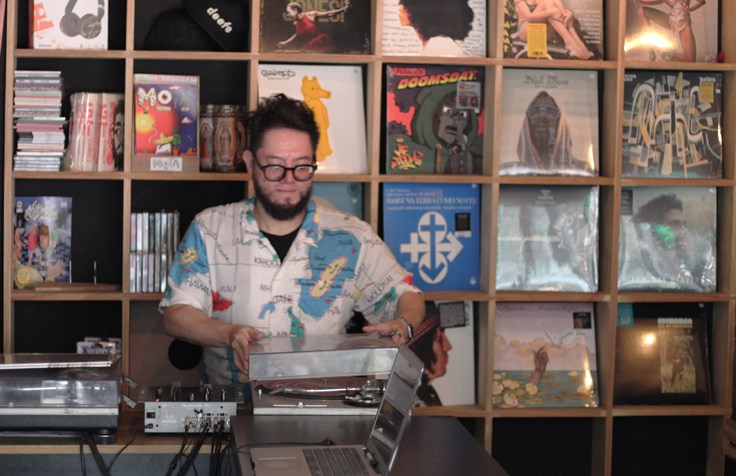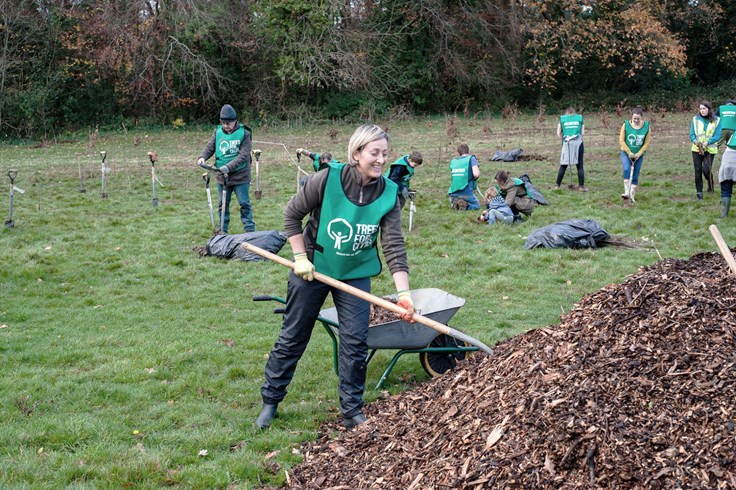Harjibhai Vora had a decision to make.
He had once been a farmer in his home village in the Kutch district of India, but had given up a life spent tilling the soil his family had worked for generations in the hope that his efforts would one day literally bear fruit. Between 1999 and 2002, three long-term droughts had hit the region, leaving it barren and forcing the inhabitants to make due with little in the way of food, water, or hope. After years of toiling in the hot sun with little to show for his efforts, he left his family and headed to Dubai, the nearest city, in search of a more consistent, if more lonely, way of making a living. Sending money home was preferable to watching his family starve.
"There was a huge responsibility for feeding my big family and their daily necessities. Our agriculture was totally dependent on rainfall, no wells, no bore wells, no pumps, no water source, and nothing was going well. I decided to go to Dubai to work as a mason.”
- Harjibhai Vora
Leaving his wife and children behind was no easy task, but there were mouths to feed and basic needs to be met. Leaving felt a bit like failure to him, but watching his family go hungry was worse than tending to his injured pride.
But now he was back, lured again along the dirt road to Gada, determined to make a go of creating something worthwhile out of the 15 acres he had inherited from his forefathers.
His neighbors shook their heads and laughed at the supposed folly of his vision. One look at the dull soil and feeble crops of the surrounding farms was evidence enough for them. Who was he to break the vicious cycle that had plagued the area for centuries? The rains came when they came. That was all there was to it. And even if they did, there was no telling what the ground would provide in terms of nourishment. His was a fool’s errand.
The Road Less Traveled
After spending a few days catching up with his family, Harjibhai returned to Dubai to fetch his remaining things. On the way home, he decided to take a less traveled route, which led him to an unfamiliar stretch of farms.
One of these stood out from the rest, having healthy stretches of green and red as far as the eye could see. Whereas other farms in the area were largely barren, this one had neat rows of seedlings. This farm seemed to be flourishing.
The farm’s owner invited him in and told him about the project he was working on with the Israeli company Netafim.
He walked to the door and inquired about the unfamiliar objects lining the rows dug into the soil. This was a good decision on his part.
“One day, I was going to my farm and saw a truck loaded with tomato boxes coming from a big farm on the way. I visited the farm and was surprised to see the thin-walled pipes of irrigation systems. On the spot, I decided to install the system on my 15 acres of land. After inquiring [about] the costs and benefits of the system to dealers of a local company, I ordered the system for my farm. I was not satisfied with the system at that time. Then after, I was introduced to a Netafim dealer and agronomist. That was the point of my transformation.”
The agronomists at Netafim were personally committed to Harjibhai’s success. They educated him regarding fertigation system, suggested he change the cropping pattern and explained how to divide the risk factor by growing multiple crops.
Since then, Harjibhai has installed the system across 15 acres and started to grow different vegetables and high-value crops. He saw results immediately.
“All family members were engaged in farming with that new system and earning was quite good now. During those years, I was able to purchase more agricultural land and installed the Netafim Drip Irrigation system on all the 45 acres of land” Harjibhai said.
Not only was his farm thriving, but this change also freed up more of his time to spend with family and friends. Sadly, his wife contracted kidney problems and much of his time was spent caring for her. “I was quite distressed during those days. I had arranged for new water sources (bore wells) and appointed lessee farmers on 20% lease to vegetable farms so that I could attend to my family problems. The idea worked, and my income increased many folds with a proportionate reduction in the cost of cultivation. As a result, I have purchased better farm equipment, tractors, tractor operated sprayers and many more.”
“I have contributed to educate the children of our farm laborers, I have contributed to medical requirements of some poor villagers in my village, I am contributing to educate the farmers who are visiting my farms, I am contributing to the happiness of my family members and that is what life is all about.”
- Harjibhai Vora
The Beauty of Innovation
Though his wife eventually succumbed to her illness, Harjibhai found great financial success from his transformation from a non-drip farmer to a Netafim farmer. Today, his cousins, brothers, and other relatives have Netafim Drip Irrigation systems spread across more than 150 acres of land. He was able not only to help his children bear the expense of their higher education, but has contributed to social responsibilities at the village level.
If someone had told Harjibhai that in five short years his yield would increase four times over, his profits would rise exponentially, and the village he had called home since childhood would be prosperous and well-fed, he wouldn’t have believed it. That’s the beauty of innovation. Seeing what isn’t there yet, and driving it to happen.






